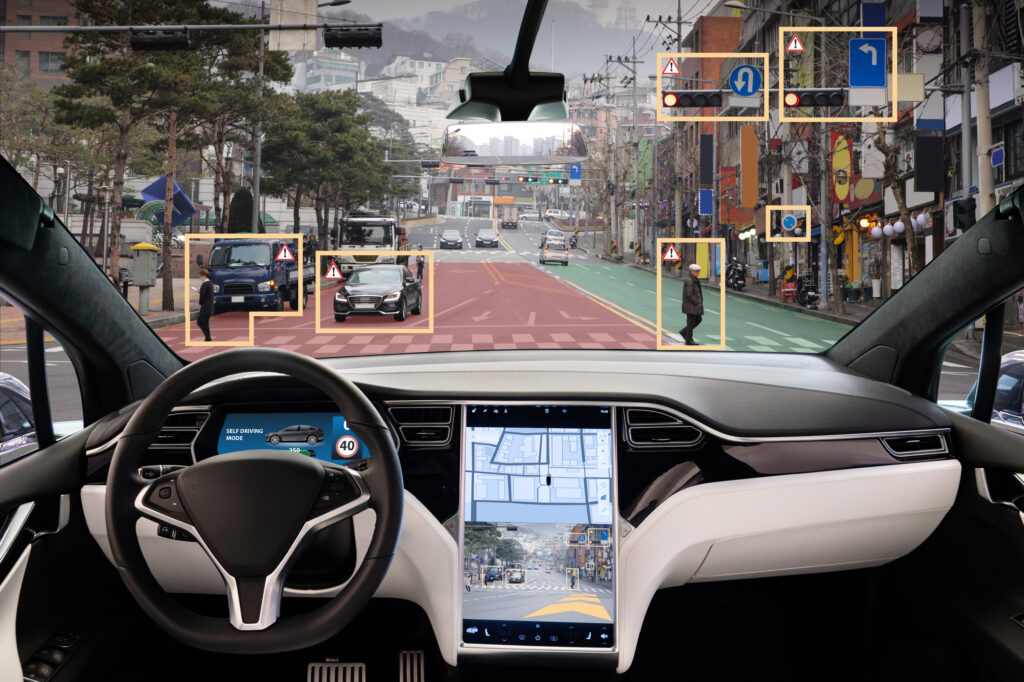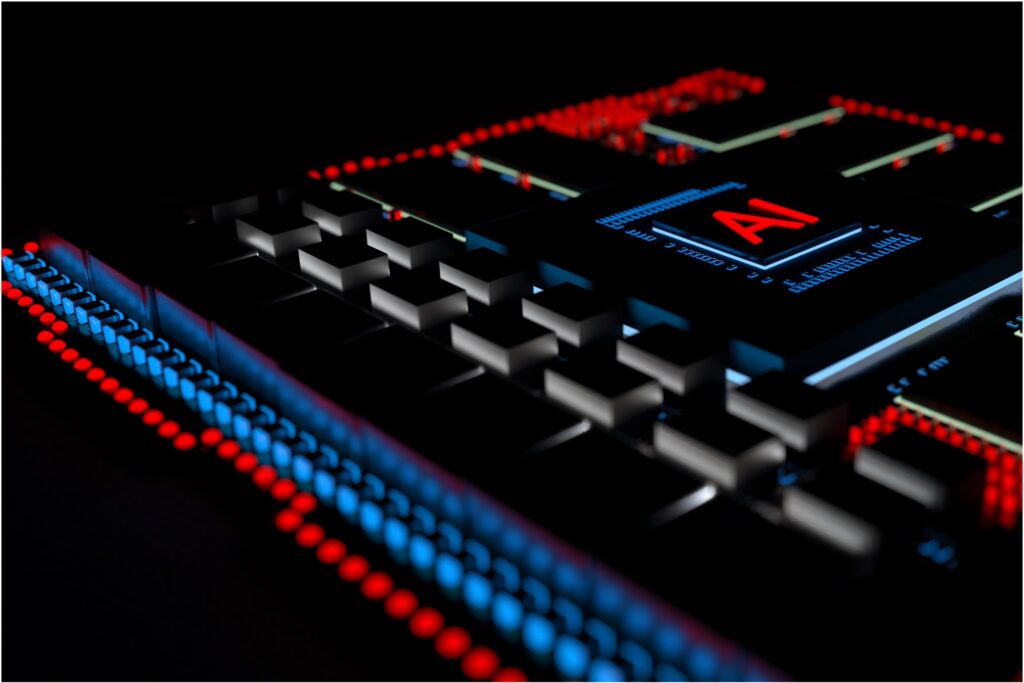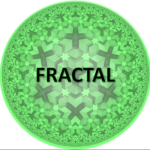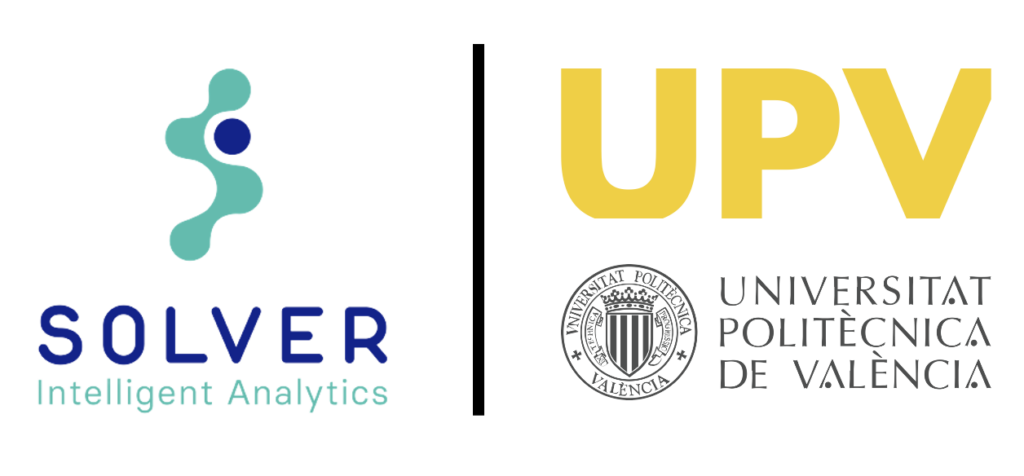Table of Contents
FRACTAL PROJECT: ADDRESSING THE NEED
The FRACTAL project was born with the aim of developing new decentralized infrastructures in Europe to improve industrial capacity. To do this, a basic processing unit will be developed – Cognitive Edge Node – with open, secure, reliable and low-power hardware that will allow machines to communicate with each other and, in addition, will be knowledgeable when making decisions without requiring the human intervention. To meet new industry standards, it is necessary to develop new solutions that are capable of satisfying different challenges, such as time constraints, reliability, energy efficiency, and security.
In response, the Cognitive Edge arises, which will be the basic component of non-centralized and scalable Internet of Things (IoT). It will automatically adapt to new simple low-consumption systems, leading to more complex decisions being made. This fundamental piece of the project will have communication skills with other pieces for its organization, it will have Artificial Intelligence techniques and the connection with the rest of the world to achieve its objectives.

From this functionality, new learned capabilities will emerge to improve its execution according to changes in the environment. In this way, all these advantages will be added to the Edge, a computational paradigm located between the physical world and the cloud.
OBJECTIVES AND MAIN APPLICATIONS OF FRACTAL
The general objective of the project is to create the ¨Cognitive Edge Node¨, which will have the ability to adapt to improve its behaviour and provide new services in the face of environmental uncertainty. FRACTAL seeks to develop a computing platform, low consumption, safe and reliable, that can adapt to different environmental conditions thanks to the use of Artificial Intelligence. The Cognitive Edge node will connect the physical world and the cloud, while ensuring OT / IT convergence.

Among the considerable applications that the FRACTAL intelligent system will allow, we will be able to find robots and autonomous vehicles with the ability to detect obstacles, adapt to environmental conditions and make decisions for themselves. Among others, we will also find machines that communicate with each other in a production plant and make decisions to solve problems or intelligent drones capable of identifying problems in large infrastructures under construction.
SOLVER & POLYTECHNIC UNIVERSITY OF VALENCIA IN THE PROJECT
Among the project partners are Solver Intelligent Analytics and the Group of Parallel Architectures of the DISCA from the Polytechnic University of Valencia (UPV).
Solver was created in 2016 as a result of the collaboration between researchers from Polytechnic University of Valencia and private investors. It is a technology company dedicated to the development of products and solutions in the field of Deep Learning, Machine Learning and Artificial Intelligence. Due to the experience of Solver’s scientific-technical partners and staff, the company’s offering is highly specialized and sophisticated. The main focus is on automation of various processes and on helping organizations in decision-making process to reinforce their competitive advantage
Within the project, the UPV will be in charge of incorporating hardware mechanisms and an open source processor to improve the security and verifiability of the platform in accordance with security standards.
Solver IA is creating LEDEL – a Low-power Energy Deep Learning Library – to be executed in RISC-V hardware developed by other project partners.

The purpose of LEDEL is to allow FRACTAL nodes to learn, train, infer and to import trained models. This will enable the FRACTAL node network to autonomously perform decisions.
Solver IA will be in charge of adapting a library based on Artificial Intelligence, the EDDL: It will have the support of the UPV to optimize its acceleration on a HW based on the RISC-V architecture. It will allow machine learning algorithms to be executed directly on low-power HW, providing the node and Edge Cognitive with greater functionality. As for example, the detection of objects in images.
The development of the Low Energy Deep Learning Library (LEDEL) deep learning library will create business opportunities in the embedded and security critical markets. This will allow to improve decision-making in real time with the information obtained from the different devices that are related to each other.
Applications of LEDEL
The library developed by Solver IA will have different applications:

- LEDEL library for generic embedded computer.
- LEDEL licenses for industry sectors where cognitive software is required at the Edge.
- Open source / closed source licenses for the general public and commercial licenses for specific products, such as:
- LCV: LEDEL for computer vision
- LSS: LEDEL for time series – critical security systems
In addition, the acquired know-how will serve to offer new consulting services to current clients. As well as to provide new clients interested in deploying solutions that use Artificial Intelligence techniques in the Edge.

